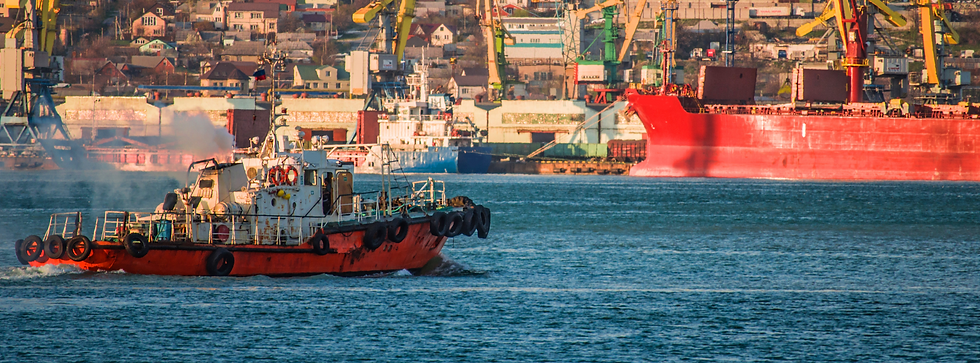.png)
Sanctions
Sanctions data refers to suppliers which aggregate and map sanctions to vessels, companies and individuals. These sanctions are typically aggregated from OFAC, HM Treasury, EU and other authorities lists. In addition to this, suppliers can provide records of port calls into sanctioned countries.
While browsing, you can add this data and service to the requirements list, and then contact us with the summary. The added requirements can be seen at the top of the data basket.
Overview
Vessel Tracking is the process of monitoring the position of a ship in real time, at a chosen interval, or looking back over its historical voyages.
There are multiple means to track vessels, with the most common being AIS.
Automatic identification system (AIS) is Ship tracking system whereby transponders on ships relay information on their location, speed and course (full message details below) to other ships and to shore.
Terrestrial AIS: Land based receivers that can record high volumes of data at short ranges (typically up to 50 miles).
Satellite AIS: Satellite based receivers that can record lower volumes of data but at significantly longer ranges, typically utilised when the user requires positional data outside the reach of land-based receivers (think deep sea transits).
Shipborne AIS: Ship based receivers which can support users to gather data in high traffic zones where the effectiveness of terrestrial and satellite AIS is compromised just to busy communication channels.
Other Sources
Alongside AIS there are other sources of tracking available, typically by satellite:
Synthetic Aperture Radar (SAR) is used in maritime surveillance to detect and track ships by providing high-resolution images, regardless of weather conditions or time of day, through the use of radar signals that can penetrate cloud cover and darkness.
Radio Frequency (RF) tracking in maritime contexts involves the use of RF signal detection and analysis to monitor and track the movements and communications of ships, aiding in navigation, collision avoidance, and security monitoring.
Optical Imagery recorded by satellite that provide a lower cadence but often more detailed view on the position of a ship and its activities. Optical imagery is often used in combination with AIS to help companies and governments detect illicit behaviour.
